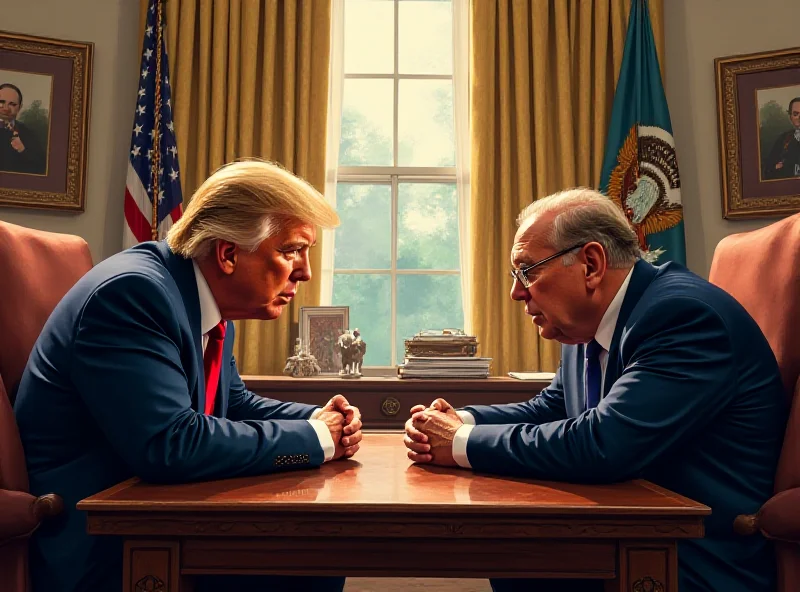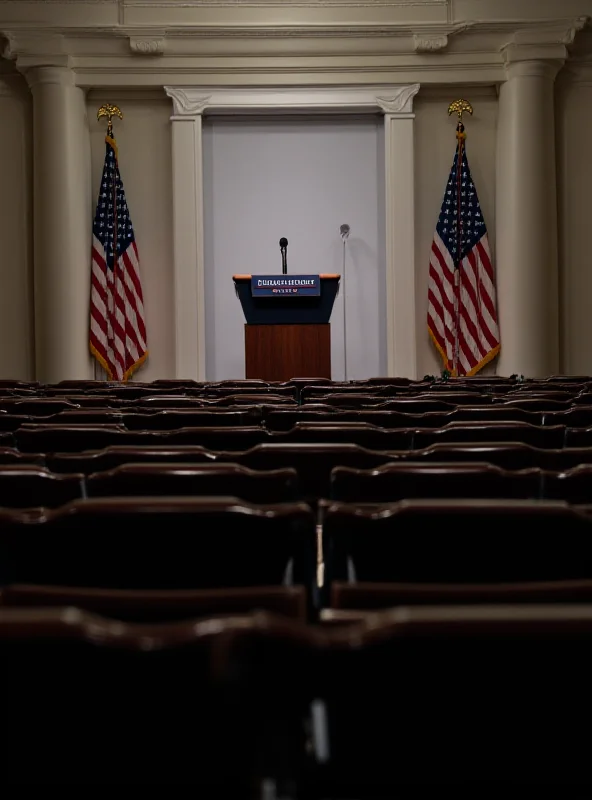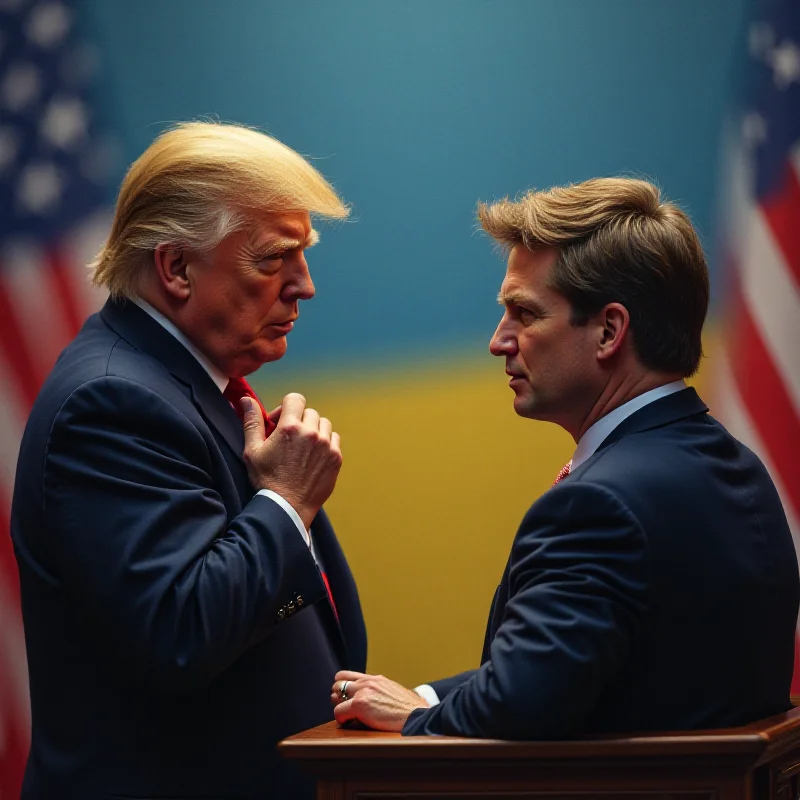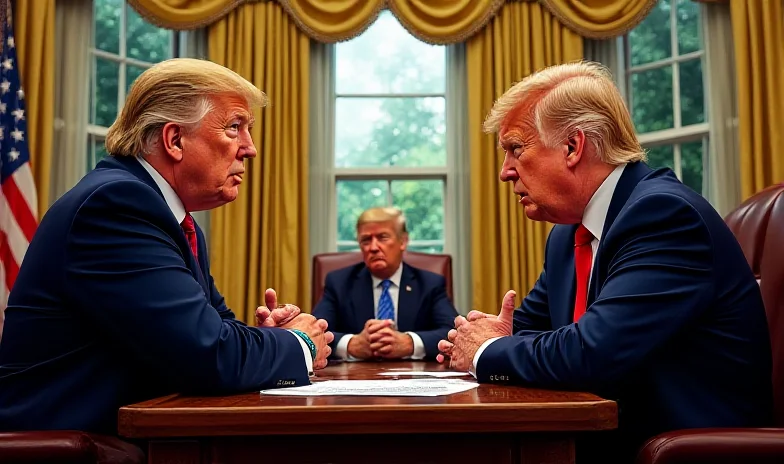Tensions reportedly ran high during a meeting between former US President Donald Trump and Ukrainian President Volodymyr Zelensky in the Oval Office. According to firsthand accounts from BBC reporters, the exchange was so intense that it led to Zelensky skipping a planned lunch and the signing of a minerals deal at the White House.
A Shouting Match Behind Closed Doors
The BBC reporters, who witnessed the exchange, described it as extraordinary. While details of the specific content of the discussion remain limited, the intensity of the interaction is clear. The meeting, initially intended to foster cooperation and solidify agreements, apparently devolved into a heated confrontation. This account sheds light on the often-hidden dynamics of high-level international diplomacy.

The fallout from the meeting was immediate. Zelensky, who was scheduled to have lunch with Trump and participate in a joint news conference where both leaders were expected to sign a minerals deal, ultimately departed the White House without fulfilling those obligations. This abrupt change in plans speaks volumes about the severity of the disagreement.
The Minerals Deal That Wasn't
The planned minerals deal, presumably intended to strengthen economic ties between the US and Ukraine, was a casualty of the contentious meeting. Zelensky's comment that a raw material agreement with the USA is only the beginning, highlights the significance of such agreements. The failure to finalize this particular deal underscores the potential impact of interpersonal dynamics on international relations.

Broader Implications for Ukraine
This incident occurred against the backdrop of ongoing geopolitical tensions in Eastern Europe. The Ukraine live blog notes France proposing a European weapons stockpile as a security guarantee, and Zelensky mentioning a raw material agreement with the USA. The presence of additional North Korean soldiers in Russia adds another layer of complexity to the situation. The canceled deal and the heated exchange in the Oval Office highlight the challenges of navigating international relations amidst such a volatile environment.

The BBC's firsthand account offers a rare glimpse into the behind-the-scenes realities of international diplomacy and the potential for personal interactions to derail carefully planned agreements. The long-term repercussions of this particular clash remain to be seen, but it serves as a reminder of the delicate balance required in international relations.
